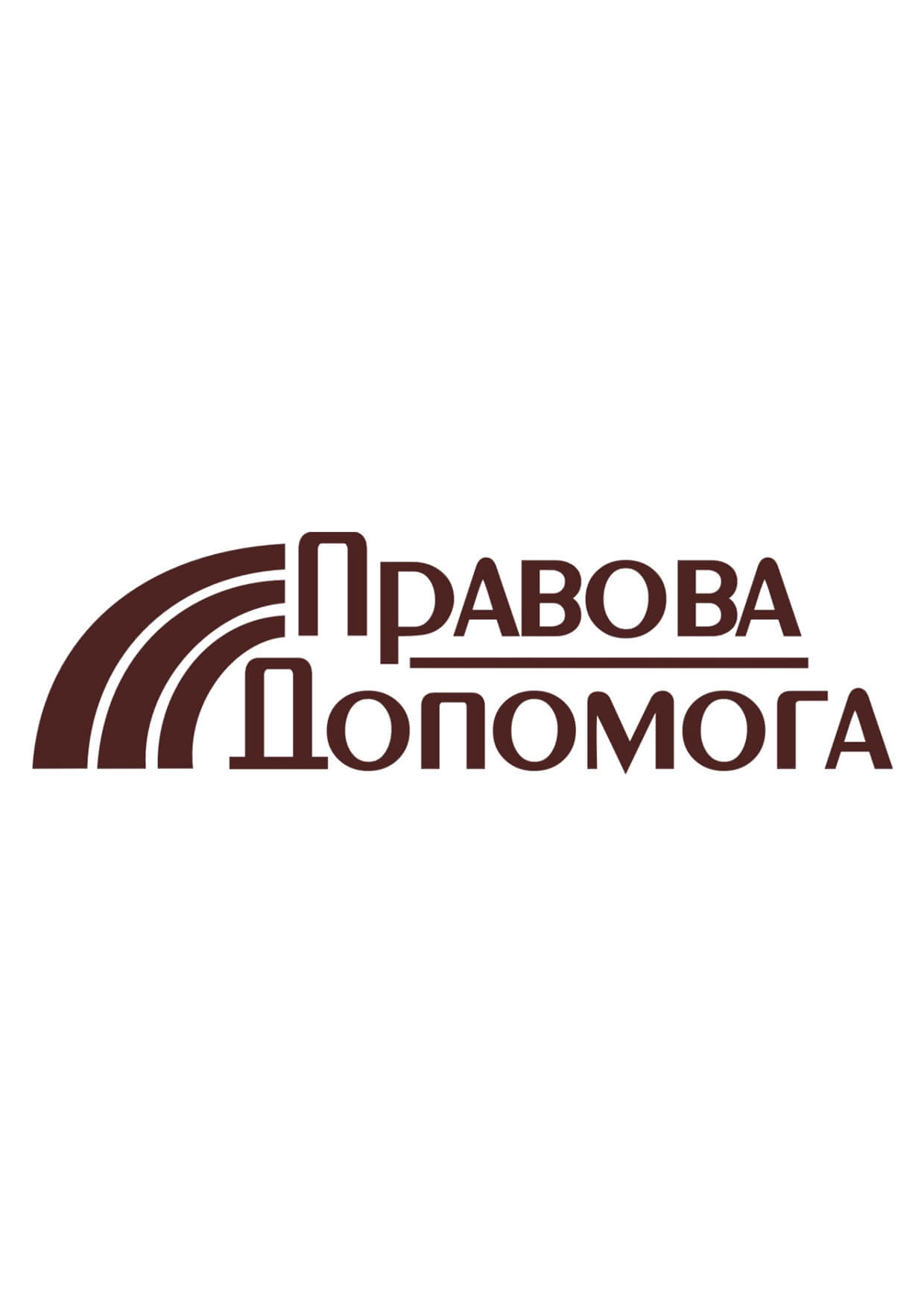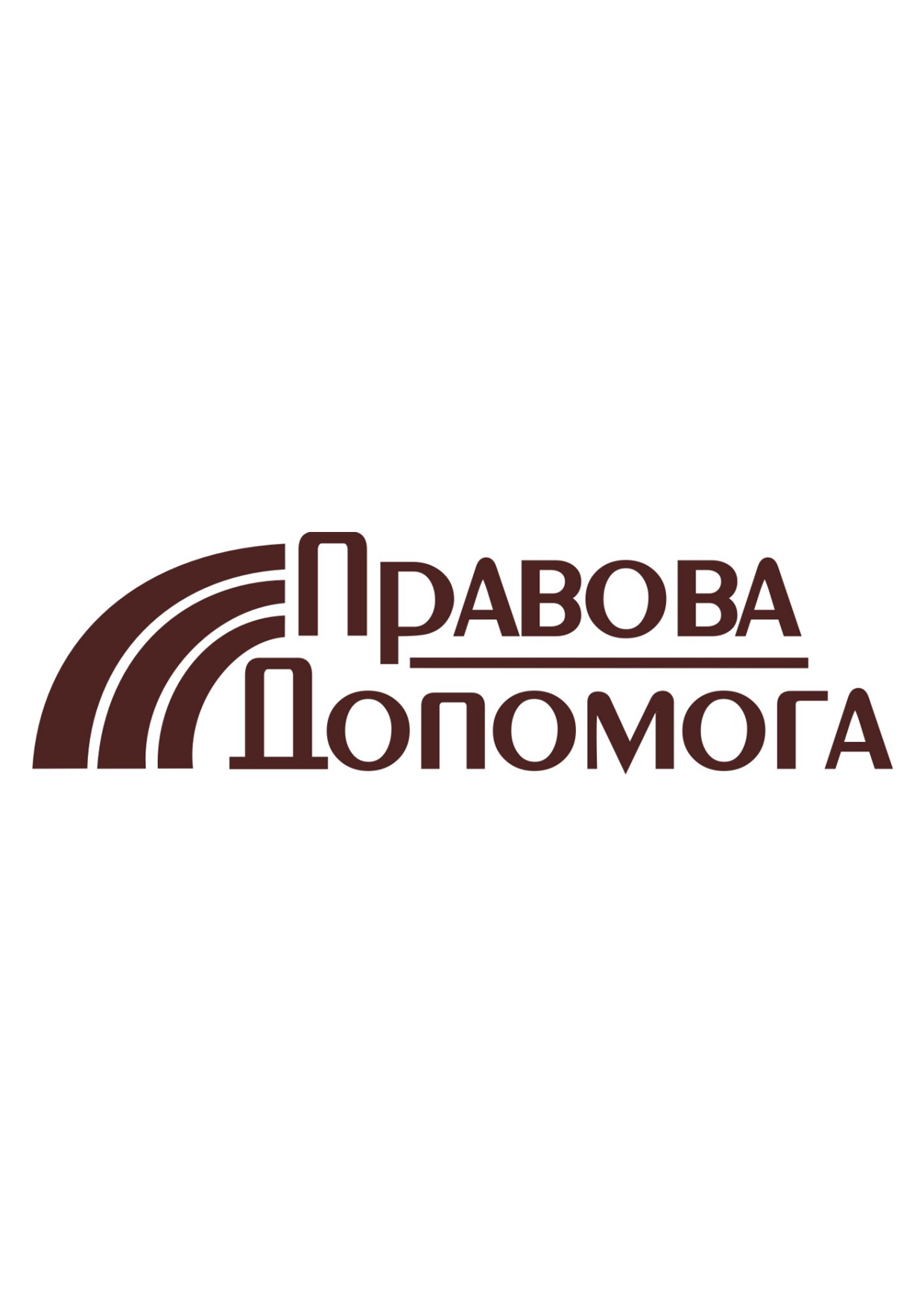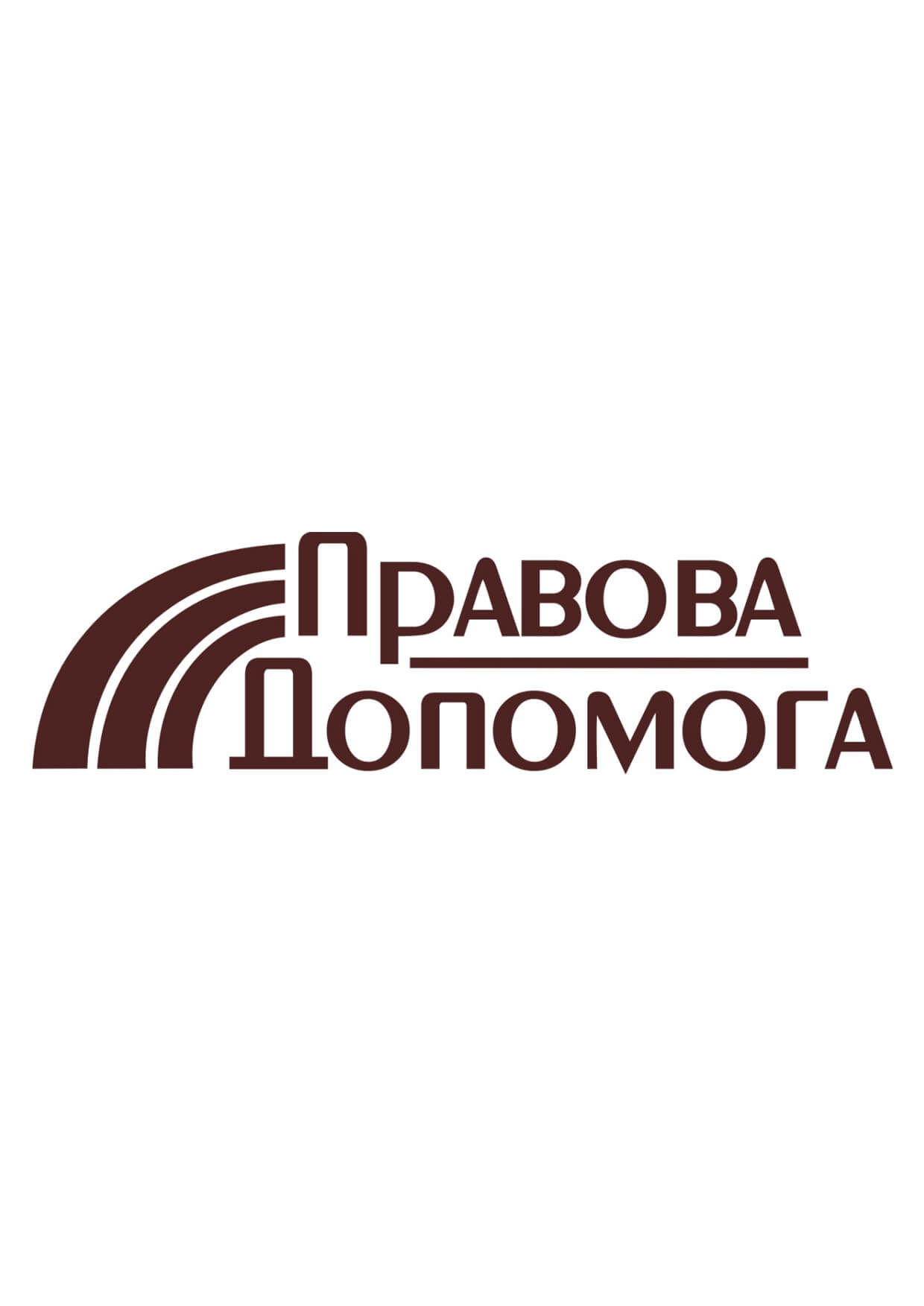Accounting and tax audit of company assets in Kyiv
Cost of services:
Reviews of our Clients
... our work on joint projects assured us of your high level of professionalism
The launch of any company begins with the formation of assets. These are the things without which a company cannot operate.
A company's assets are property, the possession, and management of which allows you to generate income or other economic benefits.
The assets include:
- cash;
- fixed assets (movable and immovable property, equipment and inventory);
- intangible assets (patents, trademarks, licenses, copyrights, goodwill);
- inventories (goods, products, raw materials, etc.)
- financial investments;
- ongoing construction (facilities that have not been commissioned).
Please note! The monetary value of the company's assets equates to the value of the company's property.
Proper presentation and maintenance of accounting in terms of assets allow you to develop a correct book value of assets, which in turn affects the indicators that determine the financial performance of the company. For example:
- return on assets shows what profit each unit of money (hryvnia or other currency) invested in the purchase of the asset brings;
- asset turnover ratio shows the efficiency of asset utilization.
The book value of assets and their financial indicators are useful to:
- business owners - to understand the overall size of the company's assets and performance;
- investors and creditors - to understand "what the company has" apart from the idea;
- insurance companies and banks - to determine the collateral amount for insuring a business or obtaining a loan;
- other third parties.
In order to provide the above users with correct information about assets, it is recommended to conduct an audit.
In our article, lawyers will cover the accounting and tax audits prior to filing, as well as answer questions about the correctness of accounting.
You may also like: Accounting and Tax Audit of Payroll Operations
What is the audit of the company and what are its benefits?
The audit of the company's assets allows us to confirm:
- the correctness of the book value of assets;
- the efficiency of the use of assets;
- preservation of assets (through actual inventory);
- absence of fraud and irregularities in terms of asset accounting.
The company's balance sheet cannot be completely devoid of assets. An example of the partial presence of assets is when the company leases assets (fixed assets and/or intangible assets).
The presence of own liquid assets in the balance sheet is a high indicator of the company's financial attractiveness.
The owner's benefit from the audit of assets:
- correctly shaped book value of assets is the correct value of the company's assets;
- ability to manage the financial attractiveness of the company;
- safety of assets - the company has no precedents of embezzlement;
- correctly formed expenses means that regulatory authorities will make no claims and impose no penalties.
You may also like: What Taxes Does an Entrepreneur Pay for his Company's Social Security Package?
Common business balance sheet mistakes
The most common mistakes companies make in asset accounting include:
- fictitious overstatement of the value of movable and immovable property in order to increase investment attractiveness;
- fictitious overstatement of the value of investments in order to increase investment attractiveness;
- recognition of actual expenses of the period as an intangible asset;
- manipulation with inventories in order to optimize taxes;
- unrealistic receivables due to the lack of an audit of receivables.
Please note! Such mistakes can lead to penalties ranging from UAH 1,254 (for misrepresentation of financial statements) and up to UAH 7 million for the unlawful overstatement of company expenses (depending on the amount of the transaction).
Using the example of one of the manufacturers of medicines let's talk about the express audit of assets in more detail.
The CFO was tasked with confirming the actual existence and value of the company's assets before transitioning to a new accounting system.
To accomplish this task, we developed the following plan for the express audit:
- analysis of accounting data on fixed assets (correctness of commissioning, modernization, depreciation, and calculation of book value);
- analysis of accounting data on ongoing construction;
- analysis of accounting data on intangible assets (legality of the recognition of an intangible asset, valuation, depreciation);
- analysis of inventory accounting data (legality of inventory recognition, determination of inventory value, and correctness of movement).
Based on the results of the express audit, our experts have identified a number of deviations.
1. Audit of Fixed Assets Block.
According to the results of the analytical procedures regarding:
- Correctness of calculation of fixed assets depreciation it has been revealed that depreciation on separate items of fixed assets does not correspond to the norm, namely the discrepancy between the data of audit and accounting of the company amounted to UAH 2,350 thousand, which led to an overstatement of the company's expenses;
- Correct classification of depreciation costs according to cost items.
It was found that depreciation of the facilities involved in the production of finished goods is classified as administrative expenses. The costs of finished goods produced in terms of depreciation of facilities involved in the production of finished goods are understated by UAH 5,734 thousand, and administrative expenses, respectively, are overstated by the same amount.
2. Audit of Intangible Assets Block
The company's intangible assets include trademarks worth UAH 39,420 thousand, to which the company applied accelerated depreciation. There is no documentary evidence of the legitimacy of applying accelerated depreciation, so this operation may be recognized as an overstatement of expenses.
Also, the company has its own website and several accounting systems that are not included in the company's assets, which leads to an understatement of the value of assets.
3. Audit of Cash Block
The company's cash includes balances in the bank, which has been declared bankrupt by the NBU Board.
According to the accounting rules, such cash should be included in other receivables with simultaneous accrual of the reserve for bad debts. Liquid assets of the company are overstated by UAH 6,330 thousand.
4. Audit of the Stocks Block
During the audit, the balances of goods in the amount of UAH 12,358 thousand were revealed without any movements (writing-off, moving) during the year.
According to the rules of accounting, it is necessary to make an inventory of this product and to confirm the target need to purchase this product, as well as to carry out depreciation of its value.
5. Audit of the Incompleted Construction Block
The company is constructing several production sites. During the analysis of the incompleted construction account, we found a lack of analytics that would allow us to reliably determine the value of each asset.
Based on the results of the audit, our experts have made the following recommendations for this company:
- to check the correctness of the calculation of depreciation for all objects of fixed assets;
- to check the correctness of cost classification and depreciation for all objects of fixed assets;
- to conduct a comprehensive inventory of fixed assets;
- to develop a procedure for annual stocktaking of fixed assets;
- to prepare documentary evidence of the origin of intangible assets of the company;
- to include all intangible assets that legally belong to the company in the balance sheet;
- to reclassify cash balances in the bankrupt bank into doubtful debts;
- to conduct a comprehensive inventory of stocks;
- conduct a depreciation of stocks that are not used in the company's business activities, and consider options to sell these products if they are not planned to be used;
- to develop analytics on the Incompleted construction account.
This is an example of just one of our clients. Of course, your problems may be different. However, there is one solution: a quality audit of assets, which will identify and eliminate problems of the preliminary accounting.
You may also like: How to Set a Price for Your Product?
Who needs to audit assets and when?
The audit of assets should be conducted:
- If you own a company and want to know that the money you invested in equipment is working effectively;
- If you plan to raise investment or credit funds;
- If you plan to sell real estate or equipment;
- If you want to be sure that your assets are safe and fully engaged in the business activities of the company.
The efficient use of company assets is one of the most important indicators, especially for manufacturing companies. Therefore, we recommend auditing assets at least once a year, and for rapid response to changes - once every six months.
List of information and documents required from the company for express audit of assets (not limited to):
- movable property - proof of ownership/purchase and sale;
- immovable property - documents of purchase and sale of equipment;
- intangible assets - registration documents, purchase-sale documents;
- depreciation charges - calculation of depreciation charges with the classification of depreciation groups;
- incompleted construction - orders to begin construction, construction plan, estimate (budget) of construction;
- cash - bank statements, bank servicing agreements;
- inventories - stock balances at warehouses, documents for purchase/movement/disposal of inventories.
An asset audit is a tool that any business owner can use to his/her advantage. If you are interested in further growth of your income, and you want to avoid problems during the next checks of your activity, don't hesitate to contact our specialists.
We offer not only the audit with a description of the detected errors, but also clear recommendations on how to fix them.
Our clients







